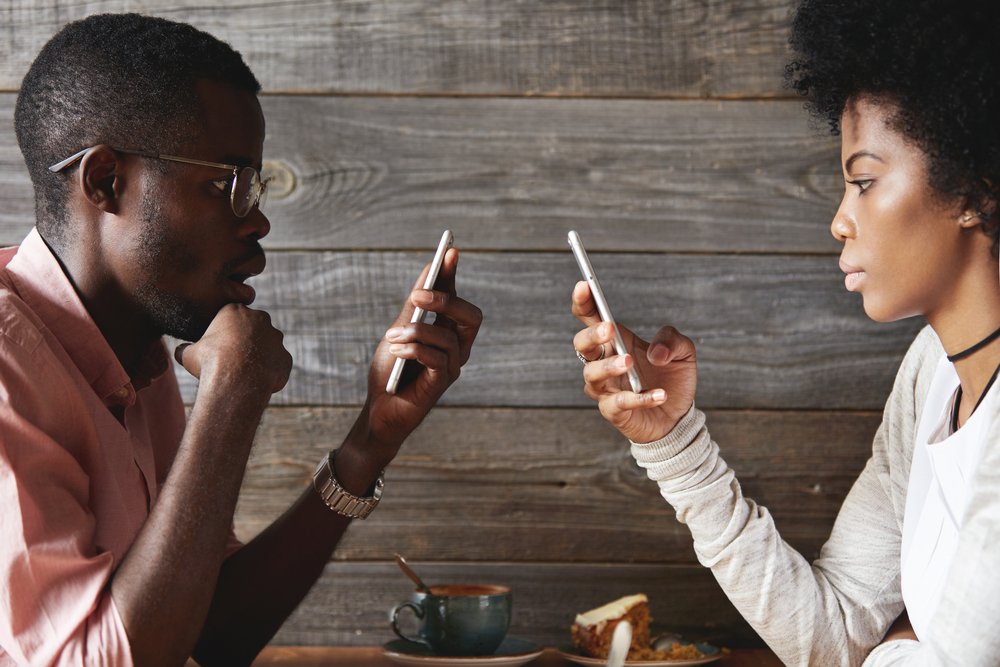Fear You're Missing Out on Life?
FoMO: Millennial slang for fear of missing out. Heard of it? Even if you’re not familiar with the term, you’re probably familiar with the feeling, and you're not alone.
It’s no secret that social media is the new go-to for keeping up to date with what our friends and families are doing. Heck, it’s how we know what the Kardashians and Beyoncé are up to – ashamedly or not! All it takes to stay in the loop are quick finger flicks on a screen and you’ll have made your way past dozens of check-ins at that cool new restaurant you’ve wanted to try, vacation photos of ancient destinations you’ve yet visited, and updates about that Pinterest-worthy house your power-couple friends just closed on. As much as you’re “liking” and “hearting” all these updates, there’s a negative feeling stirring within that you can’t always put a “button” to. It’s called fear of missing out.
FoMO can feel silly to say aloud or read, but it’s a serious issue to deal with. According to the latest research, people are checking their Facebook, Twitter, and other social media accounts around 17 times a day. That’s at least once every waking hour! And teens are consuming around 9 hours of social media daily – more time than some spend sleeping. You may be thinking, “So what? We live in the tech-age, that’s normal.” In reality, lurking on social media can have major negative side-effects.
Clinical psychologist, Marion Underwood, stated in an article by CNN that we can become addicted to the peer connections and affirmations we receive through social media. But it goes deeper than that. When you’re online, you’re not just thinking about how good it feels to know that someone liked your status, you’re also making mental logs of how many friend gatherings you were left out of, parties you’ve missed, or how much more successful and glamorous your friends’ lives seem. That’s the issue with FoMo. We’re constantly sizing ourselves up against our friends, and these comparisons can lead to negative feelings of anxiety and depression.
Social comparison is a normal, natural human thing to do. The two most common ways we compare ourselves are upward comparisons and downward comparisons.
A study published in the Journal of Social and Clinical Psychology found that, more often than not, people spending a great deal of time on Facebook are making more upward comparisons and feeling depressed and badly about themselves. Research shows us we’re not alone. We’ve all had feelings that people are happier than us or that life is unfair. So what can we do about it?
Remember you’re looking through a rose-colored screen.
As much as we share on social media, we’re not sharing the ugly parts! Stay mindful that what you’re seeing is what someone wants you to see. It’s a highlights reel.
Unplug.
Take a social media vacation. You’ll be less bombarded with events and things you feel you’re missing out on if you don’t attend to it 100x a day! You’d be surprised how quickly the need to check-in subsides, and how much more free time becomes available to you.
Practice gratitude.
Finally, give yourself a gentle reminder that life is good and you are good. Write down some things in life that make you happy just as they are, not what they could be.
Closing thought: Social media isn’t all bad! It keeps us connected to the world, our loved ones, and can give us a feeling of well-being. If it does become overwhelming, or you find it difficult to let go of anxious or depressive feelings that can come with FoMO, we're here to help. Likewise, if you are struggling with setting boundaries with your teen around social media use, our therapist can help.
